Nature reports
Page 8 of 41 - 405 Results
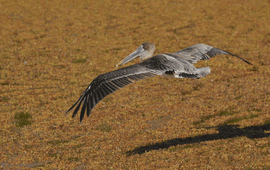
The Dutch Caribbean Nature Alliance is proud to be involved in the development of Carto, an innovative web application designed to modernize how we monitor and protect key habitats across the Dutch Caribbean. This tool, partly..
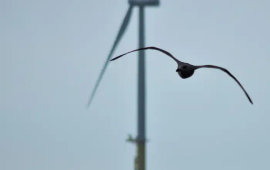
Scientists have been studying how birds move and migrate for hundreds of years. Recently, understanding this complex phenomenon has become much more important because countries are building thousands of wind turbines in and around..
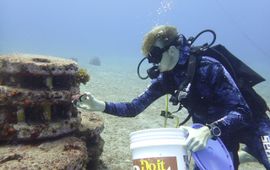
Saba has an exciting new initiative to restore its coral reefs. This new project, running from 2024 to 2026, will focus on reviving key species in the island’s underwater ecosystems. With a collaborative team from the Saba..
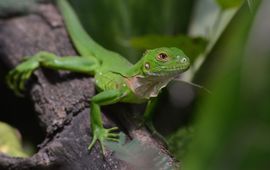
A recent pilot study shows that nests of the Lesser Antillean iguana on Sint Eustatius are used by several other plant and animal species. They use the nests at least for cooling, hunting, and reproduction. This underscores the..
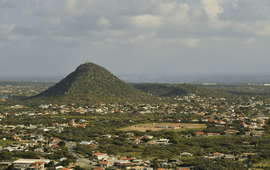
A team of experts from CARMABI Foundation and Wageningen University have recently finalized the landscape ecological vegetation map of Aruba. Aiming to enhance conservation efforts, this research offers a detailed look at how..
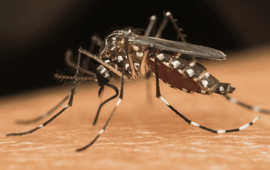
Scientists from Naturalis Biodiversity Center, Leiden University, Dutch National Institute of Health, Netherlands Food and Consumer Product Safety Authority have completed an exciting study on Bonaire, to explore where different..
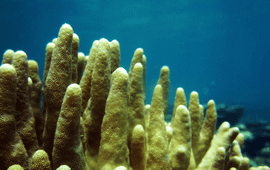
A recent study explored the dispersal patterns of certain coral species found around Curaçao. These corals are critical to the Caribbean reef ecosystem. Knowing how they disperse helps to predict their ability to recover from..
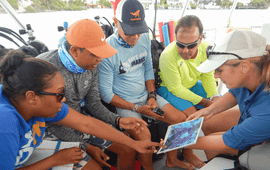
MPAConnect and the Atlantic and Gulf Rapid Reef Assessment presented their latest efforts on capacity building for coral restoration during the Reef Restoration Workshop hosted on Bonaire in June. The goal of their project is to..
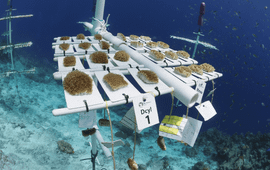
Aruba, Bonaire, Curaçao, Saba, St. Eustatius, and St. Maarten have each taken unique and proactive measures to address the challenges facing their reefs. The restoration efforts by local nature conservation organizations were..
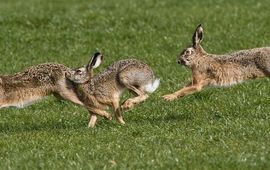
Animals lose dander, mucus and hair that end up in the air. Would it be possible to collect and analyse those traces to map local biodiversity? This was the main question of a Danish research team. The team placed an air sampler..
